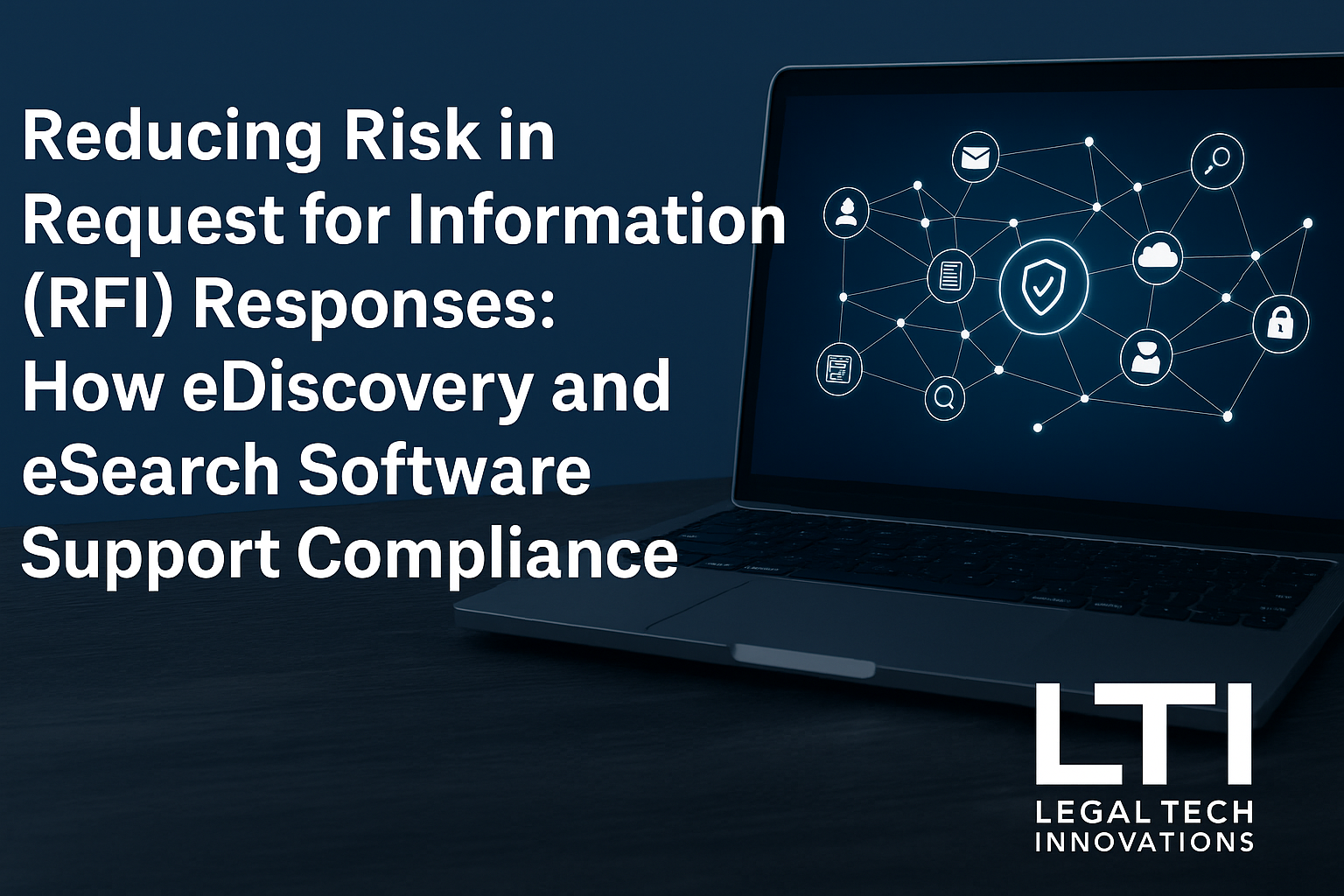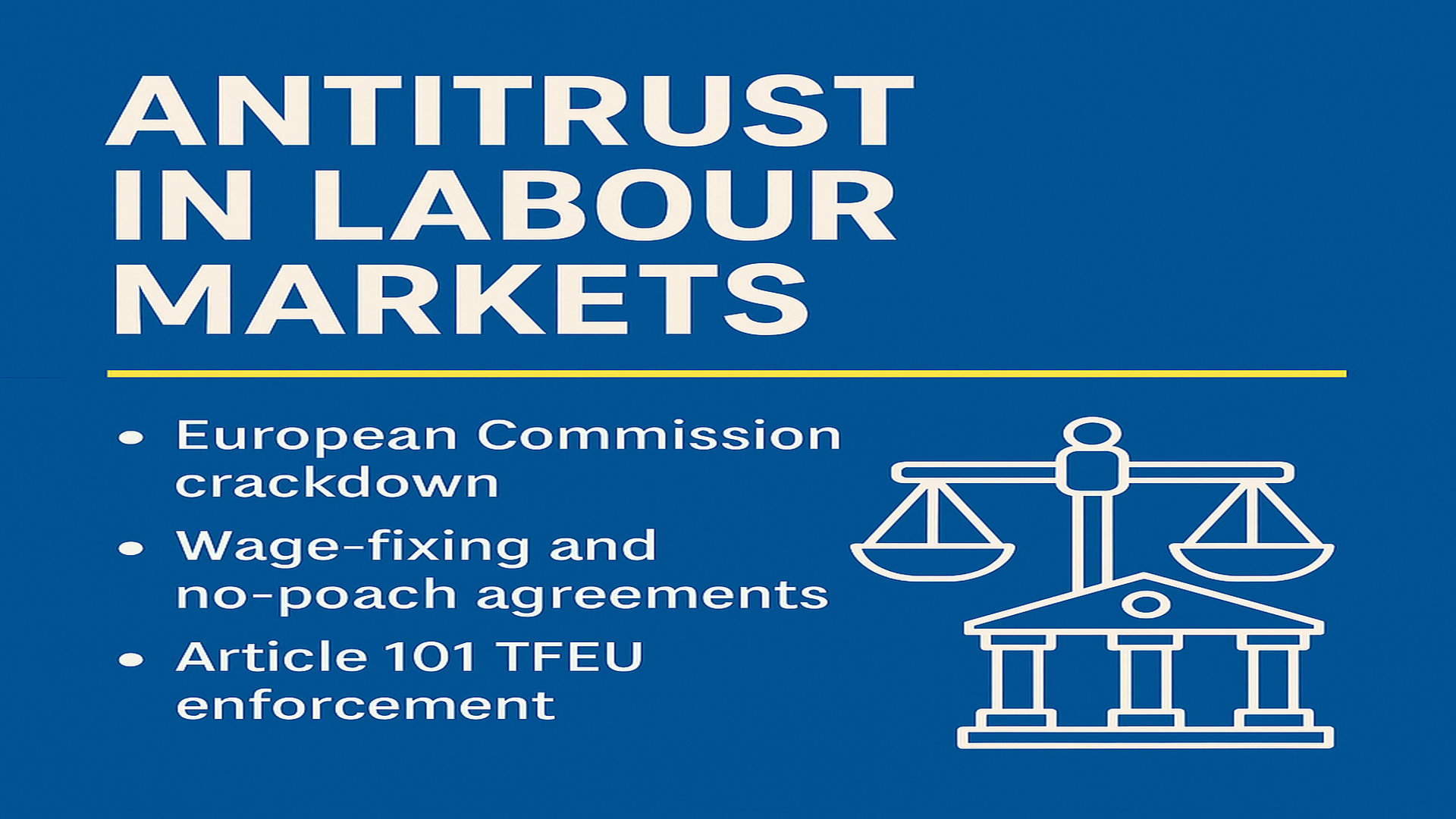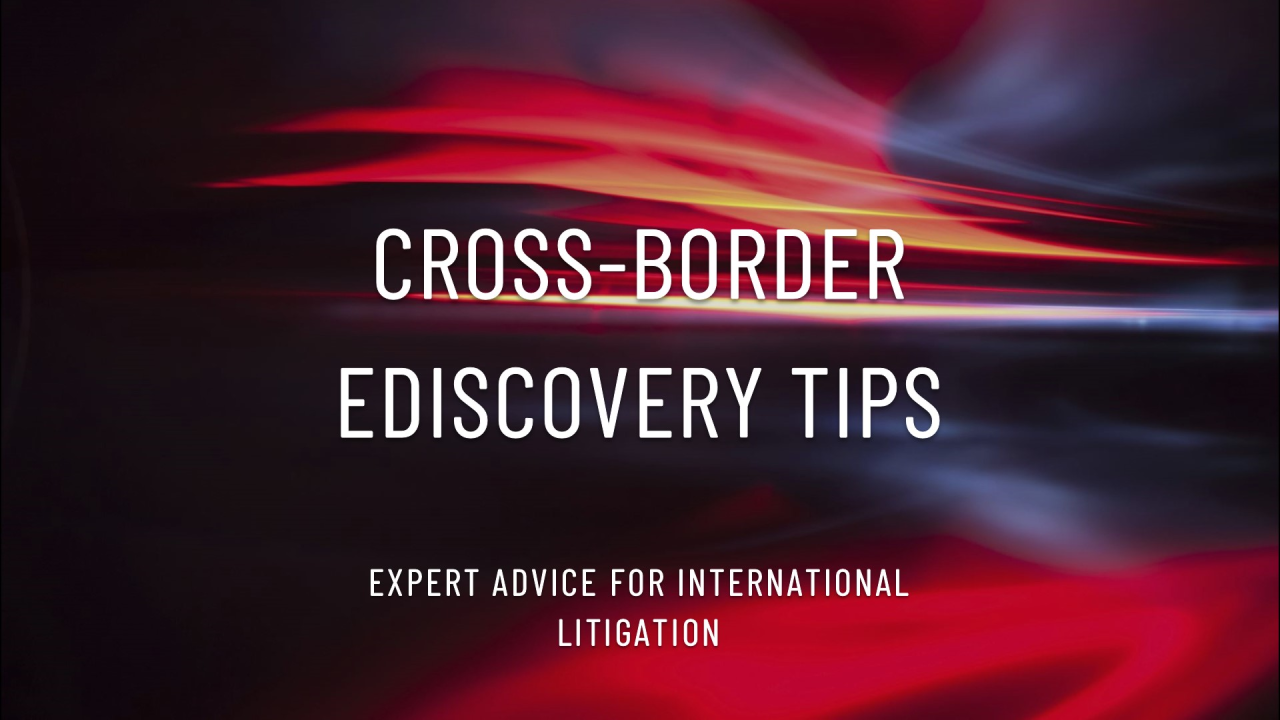The Role of GENAI in Transforming eDiscovery for Competition Investigations

Introduction
In the complex arena of competition investigations, integrating advanced technologies like GENAI into eDiscovery platforms is reshaping how legal professionals handle massive data troves. GENAI's capabilities extend beyond traditional data management, providing an intelligent assistant that aids in identifying critical evidence, examining specific facts or conducts, and refining the quality of inquiry to enhance outcome precision.
Harnessing GENAI for Evidence Identification
One of the primary uses of GENAI within an eDiscovery platform for competition law investigations is its role in identifying pertinent evidence. Given the vast amounts of data involved in such cases, GENAI can process and analyse documents at speeds and accuracy levels unattainable by human reviewers alone. Using natural language processing and machine learning algorithms, GENAI can quickly sift through emails, communications, and transaction records to flag potential antitrust violations like price fixing, market allocation, and bid rigging.
GENAI's ability to learn from interactions allows it to continually improve its search and recognition patterns based on the nuances of the legal landscape and the specific context of the case at hand. This adaptability is crucial in competition law, where the difference between normal competitive behaviour and illegal activity can be subtle.
Interactive Fact-finding with GENAI
Beyond passive evidence discovery, GENAI enables a dynamic interaction where reviewers can query the system spontaneously to delve deeper into specific documents, communications, or patterns of behaviour. For instance, if a reviewer suspects collusion in a series of communications, they can direct GENAI to analyse the communication patterns between suspected parties during crucial periods.
This spontaneous interaction is highly beneficial as it allows legal teams to follow leads more flexibly and intuitively than traditional database queries. By framing specific questions, reviewers can guide GENAI to concentrate on narrower data sets or particular kinds of evidence, making the discovery process more targeted and efficient.
The Importance of Asking the Right Questions
The effectiveness of GENAI in eDiscovery significantly hinges on the quality of the questions posed by the reviewers. Accurate and carefully crafted queries leverage GENAI’s capabilities to yield the most relevant and precise results. Training legal teams to think critically about the types of questions they ask GENAI is an essential component of maximizing its utility. For example, instead of broad inquiries, asking GENAI to identify "communications between X and Y concerning product pricing from January 2019 to March 2020" can directly pinpoint potential evidence.
Complementing Traditional Legal Approaches
While GENAI introduces a revolutionary tool in the arsenal of legal technology, it does not replace the traditional methodologies employed by lawyers. In-depth interviews, interactions with client and industry experts, and the nuanced understanding of human actions and intentions are still fundamental. These traditional elements provide essential context and insight that guide the use of GENAI within the eDiscovery process. For example, insights gained from client discussions can shape the direction of GENAI queries or highlight areas where automated analysis needs to be supplemented with human judgment.
Conclusion
The integration of GENAI into eDiscovery platforms marks a significant advancement in how competition investigations are conducted. By enhancing evidence identification, enabling flexible, fact-specific inquiries, and demanding high-quality questioning, GENAI transforms data analysis and review processes. However, the synergy between cutting-edge AI tools and traditional legal practices remains crucial, ensuring that the application of technology complements rather than supplants the irreplaceable value of human expertise. In the evolving field of legal technology, balancing innovation with time-tested methods will be key to achieving the best outcomes in competition law investigations.
Contact us to discover how LTI can help with your next project.
info@legaltechinnovations.com










